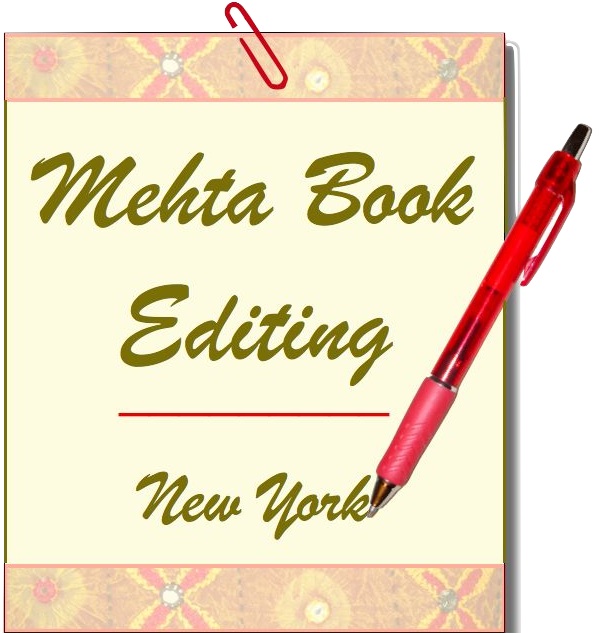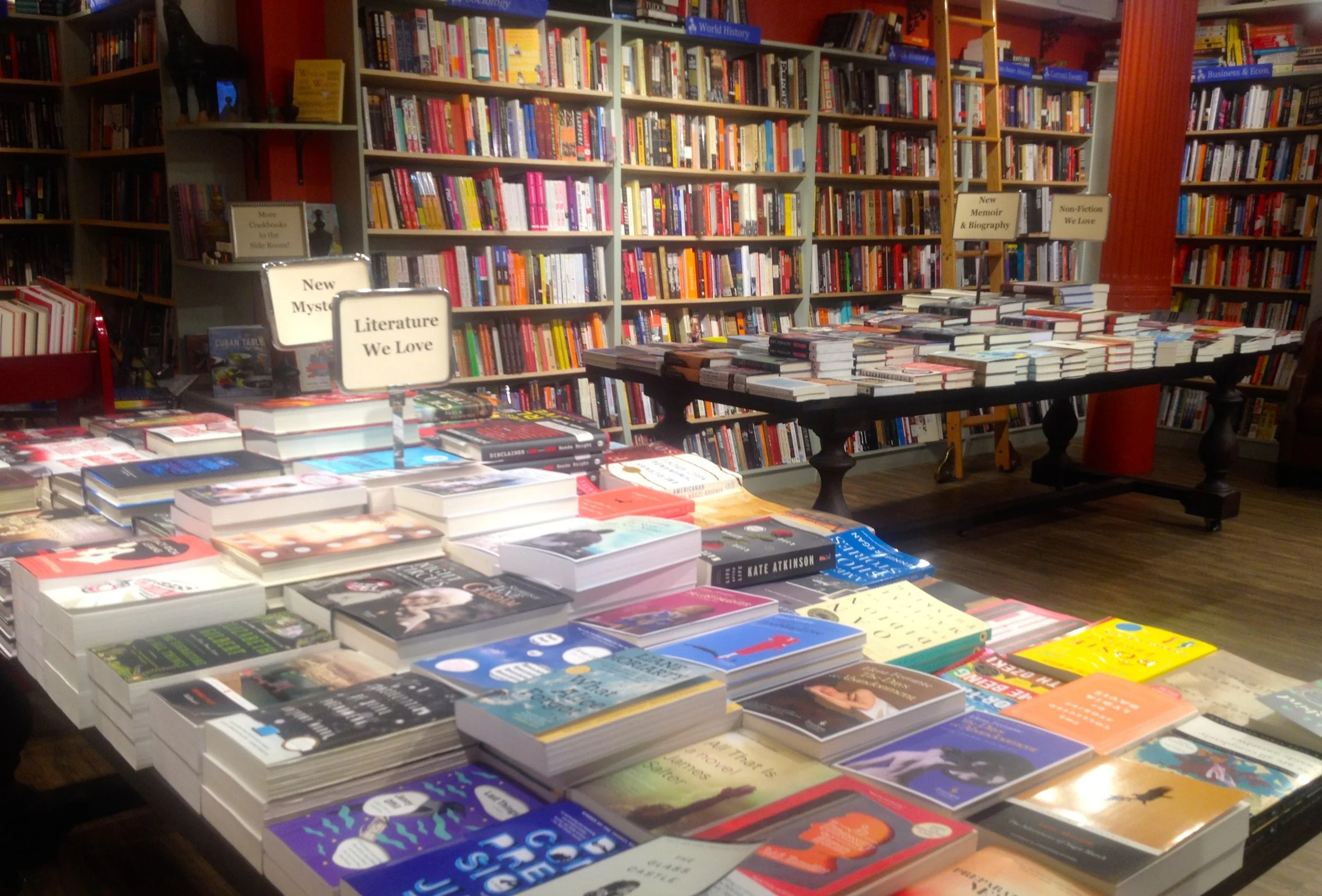Why Writing is a Full-Time Job—Especially if You Don't Have a Book Deal
/When I meet new people and tell them that I work as a book editor, they usually ask me which publisher I work for. Sometimes I mention the publishers I used to work for—Little, Brown and Simon & Schuster—and they’re impressed, want to know what it was like, if I’ve met any famous authors. If I specify that I’m a freelance book editor, though, the reaction is a little different. People ask if I would consider getting another corporate job, or they try to set up a coffee date on a weekday morning; I guess they assume that I don’t earn a great deal of money and don’t have to go to the office, and they would be right.
What they don’t know, however, is how hard freelancing is. Sure, I set my own hours (a huge perk), and no, I don’t have to answer to a manager (a relief), but I am responsible for every aspect of my business...
Read More





